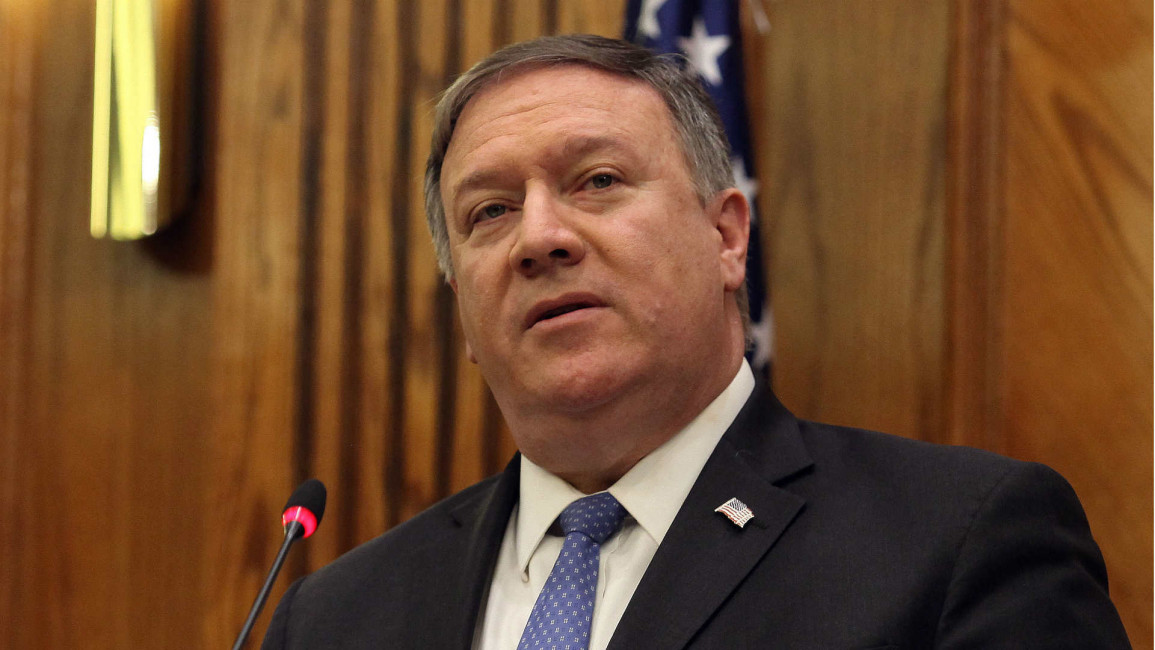Iran will 'punch Pompeo in the mouth', commander slams, following US sanctions threat
"The people of Iran should stand united in the face of this and they will deliver a strong punch to the mouth of the American Secretary of State and anyone who backs them," Ismail Kowsari, the deputy commander of the Sarollah Revolutionary Guards base in Tehran said, according to the Iranian Labour News Agency.
It follows Pompeo's diatribe against Iran on Monday, in his first major foreign policy address since taking office.
Pompeo said on Monday that the US will apply "unprecedented financial pressure" on Iran with the "strongest sanctions in history" if Tehran does not change course.
One of Pompeo's main demands was seeing Iran's missile capabilities limited.
Kowsari hit back, shortly after the speech.
"Who are you and America to tell us to limit the range of ballistic missiles?" Kowsari said. "History has shown that with the attacks on Hiroshima and Nagasaki, America is the top criminal with regard to missiles," he added.
Kowsari also rushed to back head of the Quds Force of the Revolutionary Guards, Qassem Soleimani, who was singled out by Pompeo as being responsible for carrying out external operations - including in Syria.
"Soleimani is not a single person. The great people of Iran support him."
The comments come two weeks after President Donald Trump announced the US withdrawal from a nuclear deal with Tehran, which sought to curb Iran's nuclear weapons programme in exchange for lifting of economic sanctions.
The president has long trashed the deal, negotiated under his predecessor Barack Obama, together with the UK, China, France, Germany and Russia, saying it did not do enough to curtail Tehran's nuclear ambitions.
The Republican leader also said it did not go far enough in restricting Iran's ballistic missile programme, or its intervention in regional conflicts from Yemen to Iraq and Syria.



